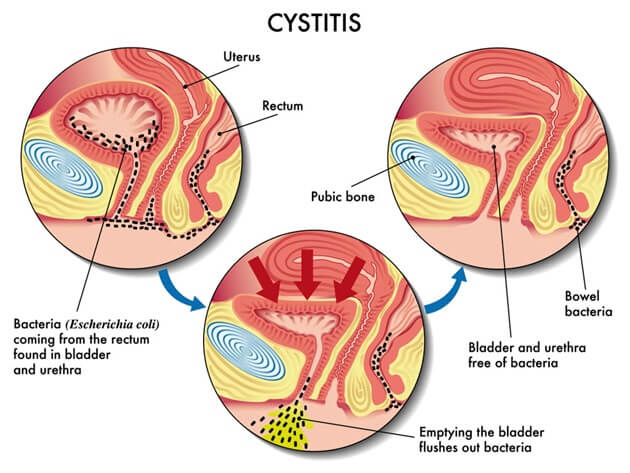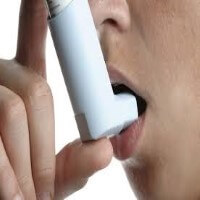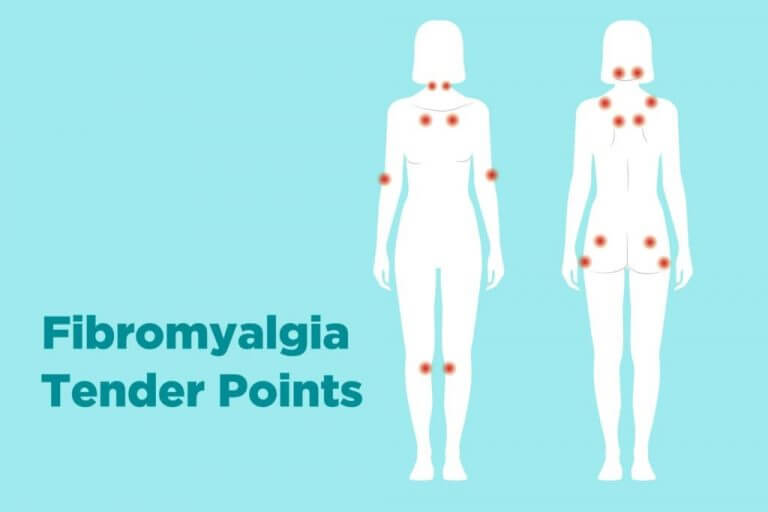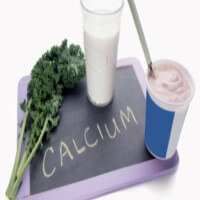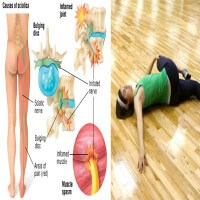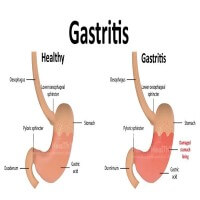Cystitis
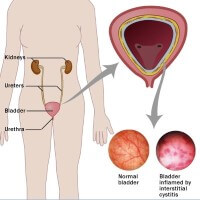
Cystitis is the medical term for the inflammation of bladder; the inflammation is caused by a bacterial infection. It affects people of both sexes and all ages. Because women have shorter urethras, it is more common among females than males.
Ayurvedic Description Of Cystitis
Cystitis in Ayurveda is correlated with Mutrakriccha. As urine is eliminated from the body by the virtue of Apana Vayu, vitiation of Apana Vayu is the cause of urinary disorders. Mutrakriccha in Ayurveda is classified into four types; Vataj Mutrakriccha which is caused mainly by Vitiated Vayu and is marked by obstructed urination and severe pain in the pelvic region, Pittaj Mutrakriccha which is caused mainly by vitiated Pitta and shows symptoms like severe burning micturition with reddish or yellowish urine, Kaphaj Mutrakriccha which is caused mainly by vitiated Kapha and is characterized by swelling and heaviness in the pelvic region and sticky urine and Sannipatik Mutrakriccha is caused by vitiation of all the three doshas and therefore have mixed characteristics.
Signs & Symptoms
- Frequent urge of urination
- Pain in lower back abdomen and above the pubic bone
- Traces of blood in urine
- Scanty urination
- Urine with strong smell
Causes and Risk Factors
1. Medical conditions
Cystitis can occur in conditions such as a stone in the bladder or enlarged prostrate in men
2. Immune system
A depressed immune system increases the risk of bacterial and, in some cases, viral bladder infections. This can happen with certain conditions such as diabetes, HIV infection and cancer.
3. Bladder catheters
Catheters may be needed in people with chronic illness and in old patients. The prolonged use of these catheters can result in increased vulnerability of bacterial infections as well as bladder tissue damage.
4. Unprotected sex
Unprotected sexual intercourse can result in bacteria being pushed into the urethra. Frequent and/or vigorous sex too leads to physical damage or bruising, which in turn increases the likelihood of cystitis.
5. Pregnancy
Hormonal changes during pregnancy may increase the risk of a bladder infection.
6. Menopause
During menopause, women produce less mucus in the vaginal area. This mucus normally stops bacteria from multiplying. In menopause, the lining of a woman’s urethra gets thinner as her levels of estrogen drop. The thinner the lining becomes, the higher the chances are of infection and damage.
Self Care Tips
- Drink an adequate amount of water every day, depending upon the involvement of work and activities.
- Avoid belts and clothes that put pressure on the abdomen.
- Easy stretching exercises may help in reducing the interstitial cystitis symptoms.
- Avoid bladder irritants that include carbonated beverages, caffeine in all forms (including chocolate), citrus products and food containing high concentrations of vitamin C.
- Avoid alcohol till the time the infection persists.
- Refrain from sex till the time the condition lasts.
Ayurvedic treatment for Mutrakriccha normally does not recommend surgical intervention. The line of treatment involves the removal of infection with internal detoxification, cleaning and removing any blockages in the urinary tract, combined with herbs to tone the kidneys and normalize the functioning of Apana Vayu.

